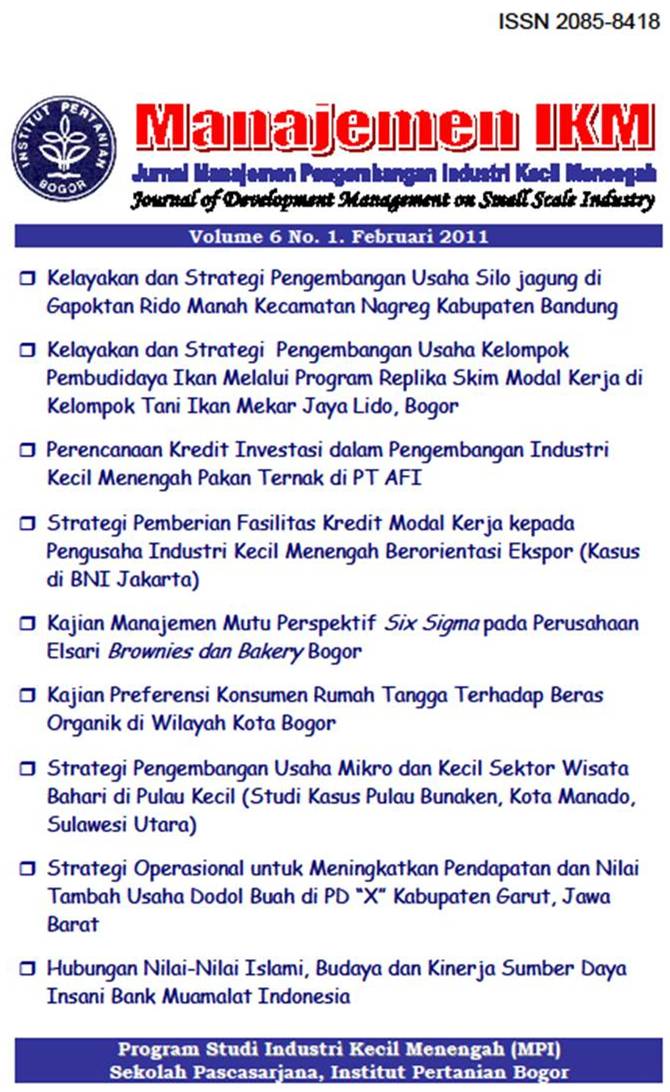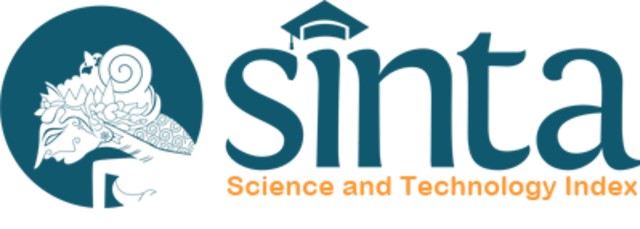Kelayakan dan Strategi Pengembangan Usaha Kelompok Pembudidaya Ikan Melalui Program Replika Skim Modal Kerja di Kelompok Tani Ikan Mekar Jaya Lido, Bogor
Abstract
The working capital scheme is a program which provides integrated capital to enhance management capacity through assistance and training to lift the potential of aquaculture of household and small medium scale industries, to increase product quality and quantity and farmers’ welfare. The objectives of this study are (1) to identify the implementation of Mekar Jaya aquaculture as the working capital receivers, (2) to identify the realization of the working capital scheme, (3) to analyze the feasibility especially the benefit of Mekar Jaya aquaculture, and (4) to arrange the right strategy of the business development applied to aquaculture, both individual and group. The descriptive method was used to analyze and interpret the group profile, market prospective, and group finance related to fish woof. The qualitative analysis was used to describe the management, technical and production aspects as well as marketing. The quantitative analysis was used to study the feasibility of investment. As a receiver of the working capital scheme, Mekar Jaya aquaculture has implemented it well. The analysis of the feasibility of investment showed that the break-even point (BEP) of Mekar Jaya group was 423 kg of fish per month, or Rp 3.172.500, while the actual sale was 1.352 kg or Rp 10.140.000. This shows that the group has passed the BEP, and gained profit. The internal factor of 2.783, and the external matrix of 2.432 put the group performance in the Hold and Maintain position (quadrant V). Based on the Strengths, Weaknesses, Opportunities and Threats (SWOT) matrix, some alternative strategies can be implemented by integrating internal and external environment, which are (1) managerial skills, (2) marketing, (3) partnership, and (4) finance.
















